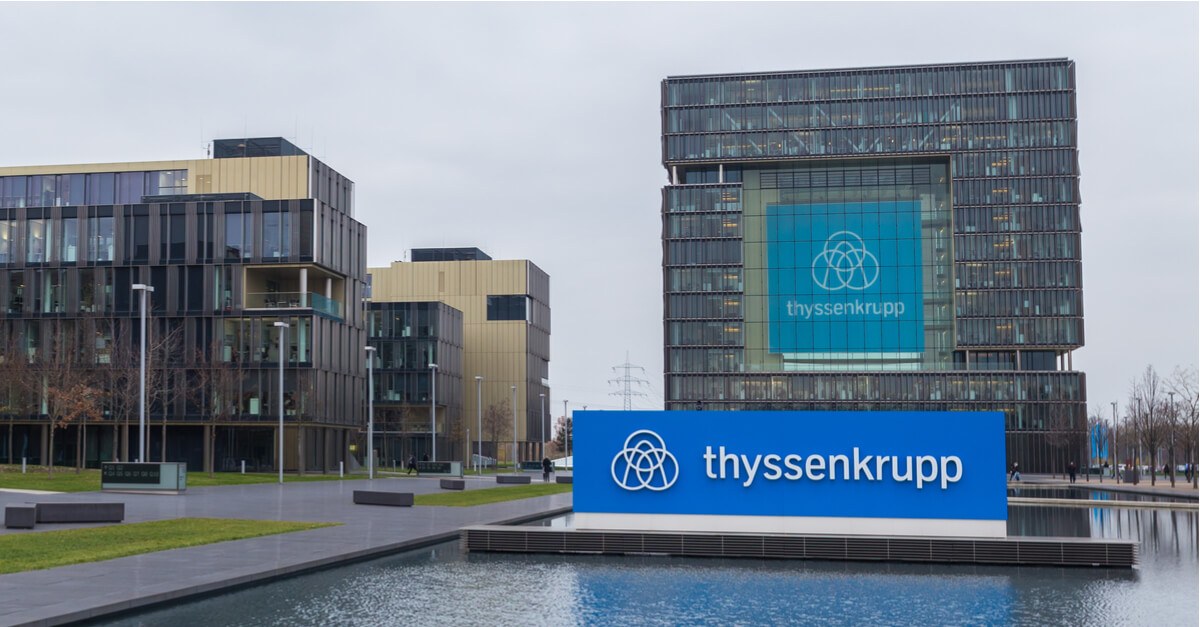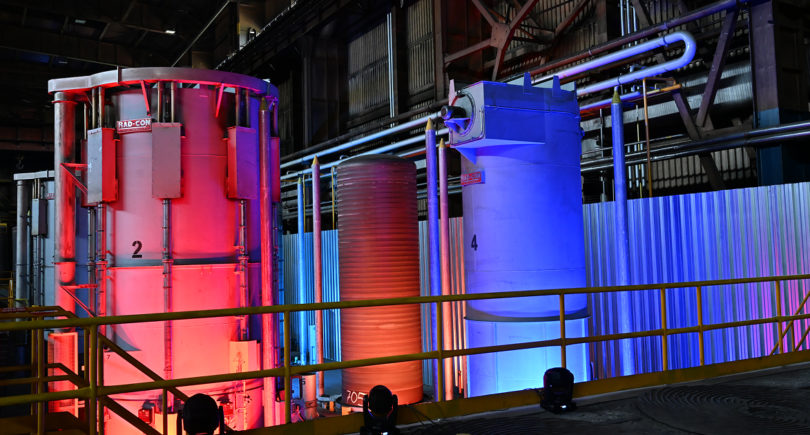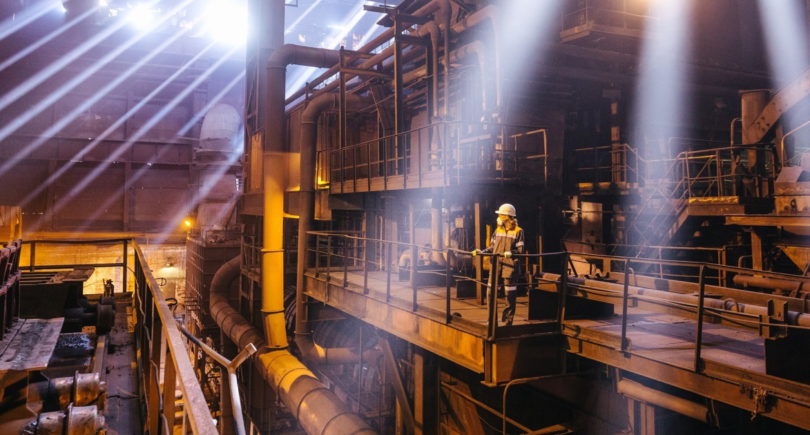
News Companies Thyssenkrupp 5413 15 April 2024
The company explains this step by the persistently weak economic condition, as well as the negative prospects of the steel market
Germany’s largest steel company, Thyssenkrupp, has announced plans to reduce its steel capacity by 1.5-2 million tons to 9-9.5 million tons per year from the current 11.5 million tons per year. This is stated in the company’s press release.
The reorganization of steelmaking facilities is a result of difficult market conditions. After the reduction, production volumes will be in line with the level of shipments recorded over the past three years. The company intends to focus on the production of premium steel grades and higher-strength materials.
The planned reduction in production capacity will directly affect the company’s steel plant in Duisburg. The measures will lead to job losses that cannot yet be quantified. According to Fastmarkets, up to two blast furnaces will be shut down.
«The planned measures are essential toward maintaining competitiveness so as to lead the steel production operations at the Duisburg location into a secure future, create a strong foundation for long-term employment and establish a resilient supply of steel to drive industrial growth in Germany,» the statement said.
In general, the strategic goal of thyssenkrupp Steel remains stable financing from its own earnings and further improving its competitiveness in the market.
As GMK Center reported earlier, thyssenkrupp plans to build a direct reduced iron (DRI) test facility in Duisburg (Duisburg-Nord), including auxiliary infrastructure. TS Elino is the contractor. The project is aimed at developing research into DRI production.
Thyssenkrupp Steel has also recently received an early start permit for the construction of the first direct reduced iron plant at its Duisburg site. The tkH2Steel project is funded by the federal and German state governments in the amount of €2 billion, with the company’s own investments amounting to almost €1 billion.




